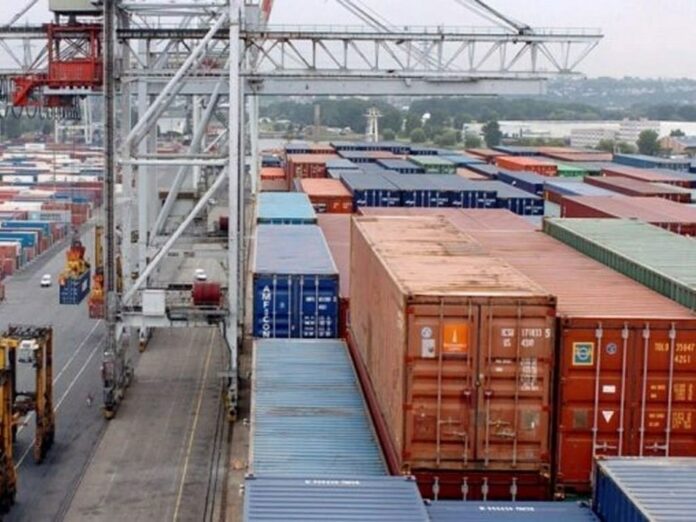Pakistan loses an estimated Rs3.4 trillion annually in tax revenue due to illicit trade, with smuggling and counterfeit goods affecting key sectors like tobacco, petroleum, and pharmaceuticals.
A report by the Policy Research Institute of Market Economy (PRIME) and the Transnational Alliance to Combat Illicit Trade (TRACIT) points out that nearly 30% or Rs1 trillion of this loss is linked to the misuse of the Afghan Transit Trade facility, highlighting the ongoing challenges in addressing informal trade and its economic impact.
The report, “Combatting Illicit Trade in Pakistan,” estimates that Pakistan’s informal economy is valued at $123 billion, with significant revenue losses across various sectors. Smuggled petroleum alone contributes Rs270 billion in lost tax revenue, while counterfeit pharmaceuticals and non-tax-paid cigarettes cause additional losses. PRIME also revealed that illicit tobacco trade now accounts for 56% of the market, up from 30% in 2023, leading to an annual loss of more than Rs300 billion in tax revenue.
The report also noted the increasing risks posed by outdated border control infrastructure and inadequate enforcement mechanisms. Despite efforts to curb smuggling, including relaxing conditions for Afghan imports, Pakistan’s customs processes remain inefficient, with limited automation and no risk-based profiling systems. These gaps contribute to the growing illicit trade network, which undermines both tax revenue and consumer safety.
Pakistan’s position on the 2025 Illicit Trade Index underscores the country’s challenges. Ranked 101st out of 158 countries, Pakistan lags behind regional peers such as India and Sri Lanka. The report emphasizes that systemic weaknesses in governance, enforcement, and policy have allowed illicit markets to thrive, highlighting the need for comprehensive reforms to address these issues.
The lack of a robust Track and Trace system, especially in the tobacco sector, is another key issue. Despite regulations, only a fraction of cigarette brands comply, with 56% of the market consisting of untaxed and non-compliant products. Similarly, counterfeit pharmaceuticals, smuggled tires, and tea have also contributed to significant revenue losses, further complicating the economic recovery process.
As Pakistan continues to battle these challenges, experts argue that addressing illicit trade requires a multi-pronged approach, including strengthening enforcement, updating infrastructure, and improving inter-agency coordination to combat smuggling and tax evasion effectively.




